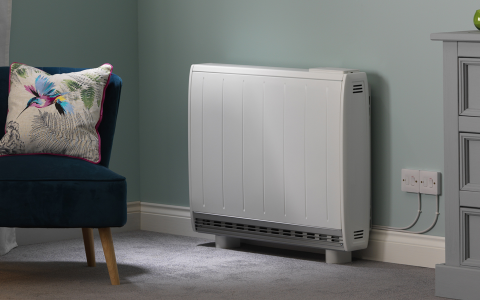Support you can trust
Our customer-focused Help Centre is here to help you with expert product information and connect you to our certified partners.
Download manuals and troubleshooting guides for your products and gain insights on what to consider when choosing for your home.
Download manuals and troubleshooting guides for your products and gain insights on what to consider when choosing for your home. h2
Dimplex Help Centre
Our online help centre is home to the most useful information including quick guides, FAQs, and product information. Knowledge articles cover each product category guiding you through troubleshooting and care instructions.
Online process to manage guarantee periods for all Dimplex periods
Whether you’re working on a new build, refurbishment, or commercial project, Dimplex is committed to supporting you each step of the way and being your reliable partner. We are here to provide the support and guidance you need to make every installation a success.
installer hubWith over 70 years of trading experience and a dedication to innovation and sustainability, Dimplex continues to provide award winning services across multiple sectors to their customers.
why choose dimplex?
What is a low surface temperature (LSTE) panel heater?
In this FAQ we look at low surface temperature (LST) radiators to see what they are and why their specification is required in sectors such as education and healthcare.

Which panel heater is best for student accommodation and why?
In student accommodation, there are patterns of occupancy and behaviour that can lead to wasted heat and higher energy costs. Keeping energy use in check is vital for the providers of student accommodation and choosing the right panel heater with intelligent controls can help minimise heating costs.

IP ratings for electric radiators and why they matter
What are the IP ratings for electric radiators and why do they matter?
IP ratings indicate how well the enclosure around a device such as an electric radiator or a panel heater, will protect the internal mechanical and electrical components from the ingress of solids and liquids. Intrusion into an electric radiator by fingers, foreign objects of various diameters, or water could pose a hazard to the user and risk damaging the product.











